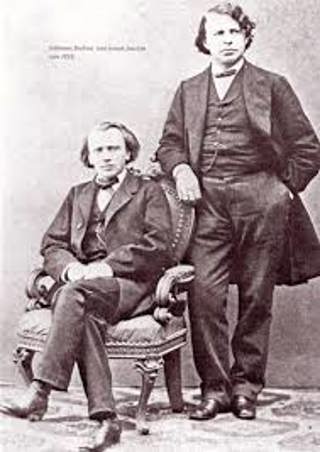
Mahler Symphony No. 1, Part 1
No one makes a grand statement quite like Gustav Mahler, and his first symphony, nearly an hour long, was one of the boldest statements ever made by a young composer. Today I'll take a look at the history behind the early inspirations behind the piece, Mahler's turbulent life, and the first two movements of the symphony. As the great Bernard Haitink said, Mahler had a talent for suffering, but this symphony is often full of a naivete and joy missing from Mahler's later works. Join us to find out more!
2 Joulu 202147min
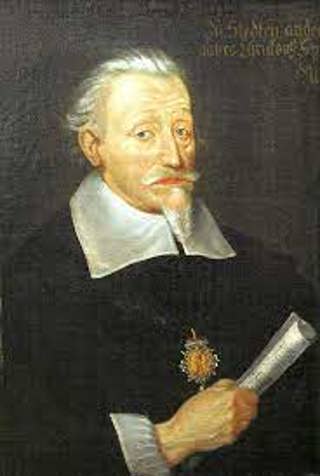
The Music of Heinrich Schutz (and Brahms!)
There are composers whose influence outstrips their popularity. The Baroque composer Heinrich Schutz falls into this group, due to his total focus on writing sacred vocal music. But for those who know his music, he is essential. He was the most important German composer before Bach and was vital to the development of music. Today I'm going to take you through some of Schutz's greatest musical achievements, including his Muskalische Exequien, the piece that very likely inspired the Brahms Requiem. Join us!
24 Marras 202143min
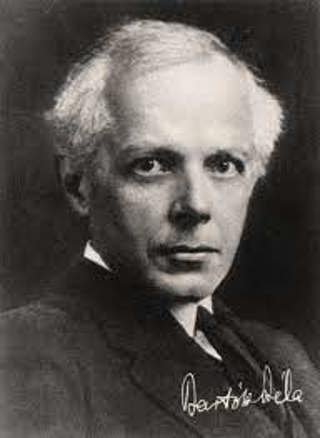
Bartok Music for Strings, Percussion, and Celeste
Bartok's Music for Strings Percussion and Celeste is a perfect encapsulation of Bartok's musical output. Each movement provides us with a magnifying glass into some of the qualities that made Bartok one of the greatest composers of the 20th century. But for how spectacular a piece it is, it isn't played as often as it should be, partly because of its extreme difficulty. Today, I'm going to talk you through what is perhaps Bartok's greatest piece, the unforgettable Music for Strings, Percussion, and Celeste.
18 Marras 202153min
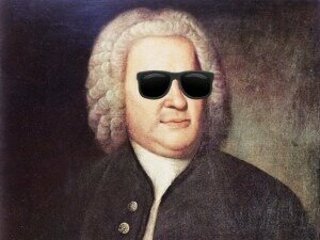
Bach Transformed
Arrangements of Bach's music have been happening essentially since his music was "rediscovered" by Mendelssohn in the 19th century. But Mozart and Beethoven arranged Bach's music too, and Bach himself would recycle works for different groupings of instruments. Today, I'm going to take a look at some of those arrangements, and what kind of insights we can gain into Bach's music, the styles of the times in which these arrangements were done, and even(!) whether we might prefer these new flavors. Join us!
11 Marras 202148min
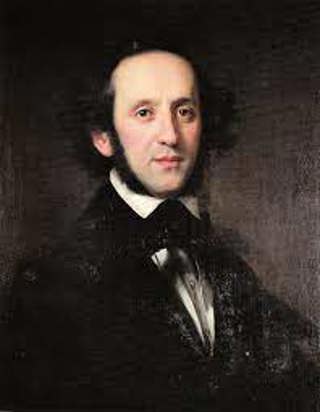
Mendelssohn Symphony No. 3, "Scottish"
Mendelssohn was only 20 years old when he wrote to his friend Karl Klingemann: "...I am going to Scotland, with a rake for folk songs, an ear for the lovely, fragrant countryside, and a heart for the bare legs of the natives." Over two months in 1829, Mendelssohn traveled through much of the Scottish Highlands, and it was on this trip that he found the inspiration for his beloved Scottish Symphony. But is this symphony all about Scotland? And how should we interpret this symphony in 2021? Join us this week!
4 Marras 202158min
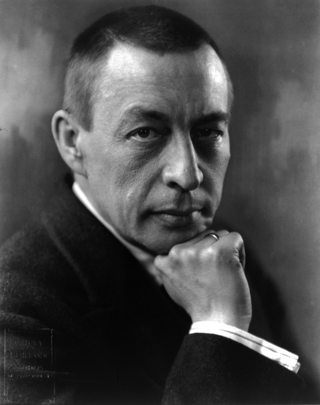
Rachmaninoff Symphonic Dances
Rachmaninoff's music is often described as many different kinds of chocolate cake, but this piece, if it's chocolatey at all, would be that 85% dark chocolate - more bitter than sweet. It might be Rachmaninoff's greatest orchestral work, and one that is inextricably linked to his tumultuous life. Throughout the Dances we hear references to war, to nostalgia, to Rachmaninoff's past failures, and so much more. This is one of the underrated masterpieces of the 20th century - join us to learn all about it!
28 Loka 202152min
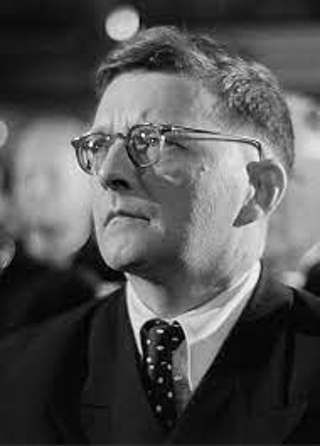
Shostakovich Symphony No. 11, "The Year 1905"
In 1956, Dmitri Shostakovich wrote: "I am now writing my 11th symphony, dedicated to the First Russian Revolution...I would like in this work to reflect the soul of the people who first paved the way to socialism." Soviet loyalists were thrilled with the piece, but his friends were disappointed at this seemingly blatant act of propaganda. But quickly, a new and more subversive narrative emerged about this sprawling, cinematic, and elementally powerful symphony. Find out all about this masterpiece this week!
21 Loka 20211h 4min
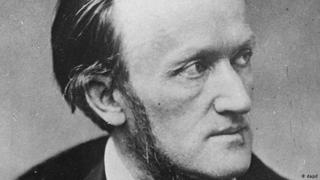
Sticky Notes Vs. Wagner w/ Rafael Payare
Wagner is probably the most admired AND the most reviled composer in Western Classical Music history. I've always been uncomfortable with Wagner's music, so I decided to sit down with the wonderful conductor(and my brother-in-law), Rafael Payare to try and understand how to embrace Wagner. We talk about emotional manipulation, the length of his operas, and of course, his almost pathological anti-Semitism. We also talk about Richard Strauss in this light-hearted and, I hope, illuminating conversation!
14 Loka 20211h
